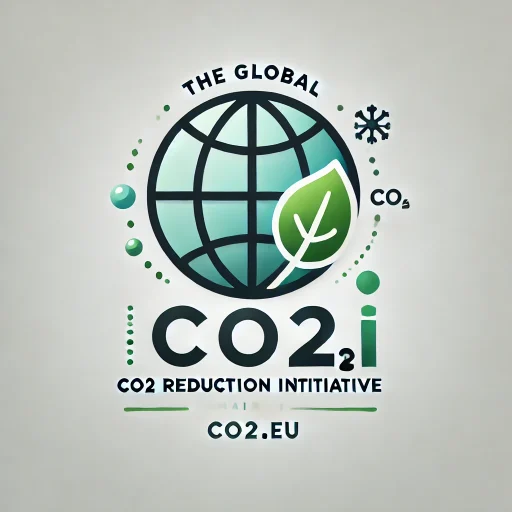Carbon Reduction Activities in Europe: March 10-16, 2025
Executive Summary: Recent developments in Europe’s carbon reduction efforts highlight a strong commitment to achieving climate neutrality. The European Commission has introduced significant funding initiatives and policy adjustments to support decarbonization projects and enhance competitiveness. These actions are part of a broader strategy to align economic growth with environmental sustainability.
Introduction
Between March 10 and March 16, 2025, several significant announcements were made regarding carbon reduction activities in Europe. These initiatives are part of the European Union’s ongoing efforts to achieve its climate targets and transition towards a sustainable future. This report provides a detailed overview of the key developments during this period.
Innovation Fund Support for Decarbonization Projects
On March 11, 2025, the European Climate, Infrastructure, and Environment Executive Agency (CINEA) announced the allocation of €4.2 billion from the Innovation Fund to support 77 cutting-edge decarbonization projects across 18 European countries. These projects are expected to significantly reduce emissions, with a potential reduction of 397.6 million tonnes of CO2 equivalent over their first ten years of operation. The funding is sourced from the EU Emissions Trading System revenues, emphasizing the EU’s commitment to investing in low-carbon and net-zero technologies. (Source)
European Commission’s Clean Industrial Deal
The European Commission has reiterated its commitment to the Green Deal objectives through the Clean Industrial Deal (CID), which was part of a package announced on February 26, 2025. The CID aims to enhance competitiveness while ensuring industrial decarbonization. It includes the establishment of an Industrial Decarbonization Bank to streamline funding for decarbonization efforts. The Commission’s focus is on reducing net emissions by 90% by 2040, aligning with the broader goal of achieving climate neutrality by 2050. (Source)
Carbon Border Adjustment Mechanism Simplification
On March 3, 2025, the European Commission released the Omnibus Package I, which includes proposals to simplify the EU Carbon Border Adjustment Mechanism (CBAM). This initiative aims to reduce administrative burdens and enhance the competitiveness of EU companies by eliminating overlapping regulations. The simplification is part of a broader strategy to facilitate a sustainable transition and ensure cost-effective policy delivery. (Source)
Conclusion
The announcements made between March 10 and March 16, 2025, reflect Europe’s proactive approach to addressing climate change through strategic investments and policy reforms. By supporting innovative decarbonization projects and simplifying regulatory frameworks, the EU is positioning itself as a leader in the global transition to a sustainable and competitive economy.


Recent Comments